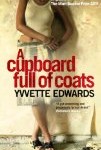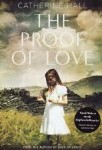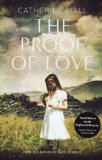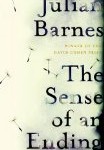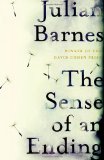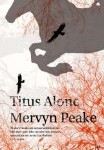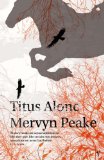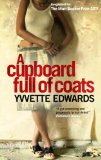 Long listed for 2011 Booker Prize
Long listed for 2011 Booker Prize
Five words from the blurb: mother, murdered, guilt, memories, violence
I’m pleased to announce that this year’s Booker long list has finally rewarded me with a wonderful book. I wouldn’t have discovered A Cupboard Full of Coats if it hadn’t been on the long list and so my efforts of trying them all have finally been rewarded.
A Cupboard Full of Coats is an emotional book describing the life of Jinx, a woman haunted by the thought that she was partly responsible for the murder of her mother.
Jinx suffered from a violent childhood and finds it hard to connect with her five-year-old son. I found their endless misunderstandings heart-breaking to read:
I caught up with him he had ripped three or four heads off the crocuses planted along the thin bed that ran the length of the path from the gate to the door.
‘Ben, don’t do that please,’ I said as he started tearing off another. Ignoring me, he yanked it off anyway, adding it to the collection in his other hand.
‘Will you bloody stop!’ I said.
When he looked at me, those enormous eyes were filled with tears. He held out his hand. His voice was tiny. ‘These are for you,’ he said.
And I looked at the small, fresh, squashed bouquet held out to me, and for a second I could have taken his gift and smiled, then cuddled and whispered to my son, Forgive me. I love you.
But the words that came out of my mouth instead were:
‘Great! Why don’t you kill every single flower you can see?
I was gripped by this book from the very first page. I flew through it, desperate to know what part Jinx had played in the murder of her mother and how everything would be resolved.
I found the characters well formed and realistic, and the descriptions of life as a Caribbean in East London were evocative and atmospheric. Details of food preparation were particularly mouth-watering.
The writing isn’t perfect and I spotted a few typographical errors (for example, see the first line of the quote) but I was so absorbed in the story that these didn’t bother me.
If you enjoyed Chris Cleave’s, The Other Hand, then I’m sure you’ll love, A Cupboard Full of Coats. I don’t think the writing quality is good enough to justify its place on the Booker long list, but it will gain a spot in my list of favourite books published in 2011.

.
The thoughts of other bloggers:
…an elegantly structured story of guilt and redemption. Literary License
…a very worthy idea that has been badly executed. Kevin from Canada
I was sucked into the world of the novel and the mind of Jinx, the main character. Revcherylreads
